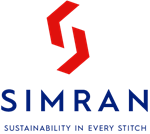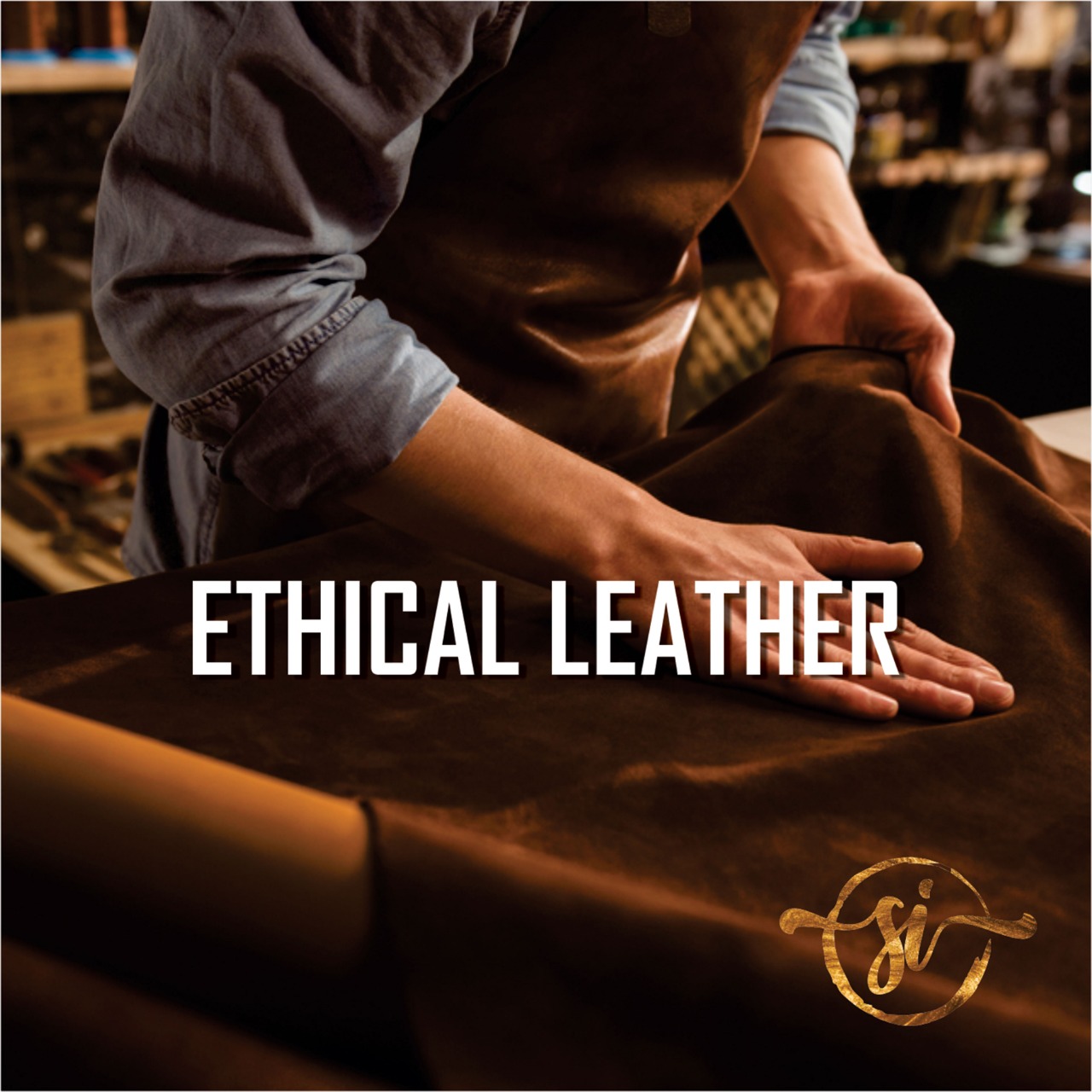Fashion industry has always been questioned for its ethics in manufacturing and producing the fashion consumables, whether it is environmental impact, human right violations or protecting animal rights.
The statistics for the above make it clear that moving towards better manufacturing and production standards is not just a better but the only good option. But ethical fashion, we have realized is less of an in or out category, but more of a spectrum. Where one brand might concentrate workers rights, another might concentrate on sourcing eco friendly fabrics.
Leather has been a center of many debates over the last few decades, where questions have been raised not only on the ethics of leather as a fashion product but also the impact of its production has on the environment.
The irony of these questions is that the ethics as far as the sourcing of skins or hides is concerned they do not apply to the leather industrybut the meat production industry. Leather is merely a by-product of the meat industry, a waste product that is then recycled.
Let me ask you; are we as the human race in its totality ready to become vegetarian? If not then the meat industry will exist and as long as the meat industry exists, we need the leather industry to recycle an otherwise waste product.
Let’s not confuse the leather industry with the Fur industry! It was the fur industry that promoted the slaughtering of animals for their skins, and yes that was unethical and that’s why also illegal now. Any leather that is manufactured purely for its skin and is not a by-product is not ethical.
Now the second big question in this debate is the environmental impact of leather manufacturing. Over the years, there has been much technical advancement in the chemicals that are used for tanning hides. These chemicals are not harmful to the environment and thus do not contribute to water pollution.
Today, companies like Simran ensure that the leather manufactured by them is strictly a by-product of the livestock meat industry and they rely on the Meat industry to follow the global animal & husbandry legislatures and laws. THIS IS ETHICAL LEATHER.
It is a Governments job to ensure that the laws have been followed. The more developed the nation the more authentic the paperwork of the traceability leading it to be deemed as ethical leather. Any leather, which is not a part of the livestock chain, is UNETHICAL LEATHER unless government certified.
The authorities should be working towards ensuring and legalizing the meat producing plants so that more and more leather can ethically sourced.
There are countries where the laws are fluid; the countries that don’t even follow the Human rights leave aside animal rights. These countries are NOT Simran vendors and Simran strongly condemns such leather usage where the source cannot be traced.


